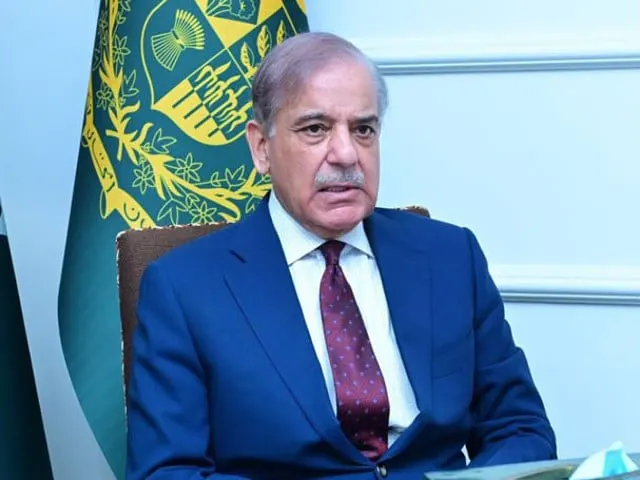PM sends summary to president to summon joint sitting on Dec 17
Prime Minister Shehbaz Sharif has sent a advice to President Asif Ali Zardari for convening a joint session of parliament on December 17, amid a deadlock between the coalition government and the JUI-F on the madrassa registration bill.
The premier has advised the president to summon a joint session of parliament on Tuesday at 11am, the sources said, adding that eight bills including the contentious madrassa registration bill are likely to be tabled.
They also added that a consultation process was underway between the government and the Maulana Fazlur Rehman-led party on a new bill after President Zardari had “raised eight objections” over the previous legislation — Societies Registration (Amendment) Bill 2024. The disputed madrassa bill, which has already been passed by both houses of parliament, has become a bone of contention between the JUI-F and the government. Its enactment was part of an agreement between the government and the religio-political party for supporting the 26th Amendment. Following its approval from parliament, the bill now requires the president’s assent to become law but President Asif Ali Zardari had returned the bill, citing legal objections. According to the Constitution, the bill must be tabled before a joint sitting after the president refuses to sign.
Reacting to objections to the legislation on Saturday, JUI-F leader Hafiz Hamdullah alleged that the government’s “prime objective is handing over seminaries to FATF [Financial Action Task Force] at the behest of the global anti-money laundering watchdog”.
“It has also proved that this is not the parliament of Pakistan but FATF’s,” the JUI-F leader said. He went on to say that the country’s “parliament is not independent to legislate [laws]”.
He said that objections would not have been raised at the seminaries registration bill had the legal experts at the President’s House read the legislation.
Speaking to the media in Karachi, Federal Education Minister Dr Khalid Maqbool Siddiqui said that 10 out of 15 seminaries’ boards had raised objections to the bill which led the federal government to review it.
He added that the government was working to give a legal shape to the combative Societies Act.








